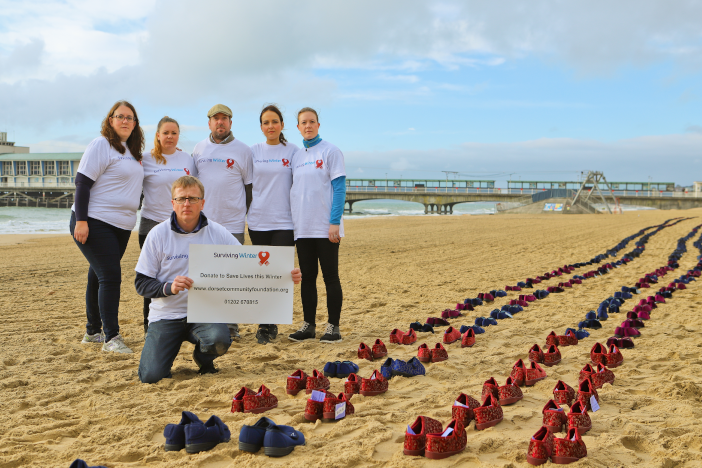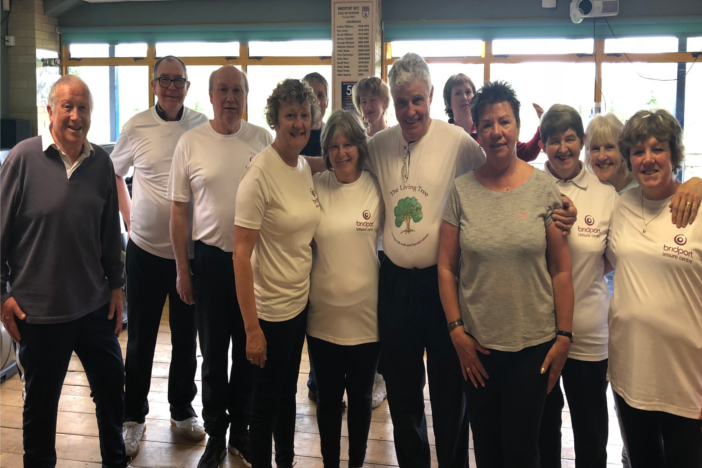If that is the case, then exhibiting the value of a Foundation to existing and potential donors becomes easier. To that end, it is important that we understand the needs in our communities and so we have produced a needs analysis in the form of a report entitled Hidden Dorset II.
You may remember our first edition in 2015 which illustrated the deprivation existing in Dorset, exhibiting the need for community action and philanthropy. Our aim is that this second edition of Hidden Dorset is more than just a report on how things are. We want it to form the basis of an ongoing commitment to understanding the needs and challenges in the county, to bring people together to tackle those needs and create a mechanism for tracking progress and demonstrating positive impact.
We’ll be using Hidden Dorset to inform our strategy and improve our grant making, but we want it to have a wider purpose. Our aim is that it will help groups demonstrate the need for their projects, start conversations between donors and recipients, unite communities over a common purpose and bring together representatives from the private, public and voluntary sectors for the good of the county as a whole. We realise that this may take time, but I want to highlight that we see this report as a catalyst for action.
To create Hidden Dorset we have brought together the latest available statistical data to produce a comprehensive document, available to view here. This research shows that Dorset is a county of contrasts – between rich and poor, rural and urban, tradition and innovation. It suggests that some of our strengths can also be the source of our weaknesses and vice versa. For example, the general affluence of the county can exacerbate the problems of those who are struggling to make ends meet, but it is in some of the most disadvantaged areas where you will find some of the strongest communities.
This report highlights the diversity present in our county across a range of measurements and the evidence is that, for Dorset residents there can be very different experiences for people living in the same towns and villages. Behind the statistics presented here there will be thousands of individuals with personal experiences that tell this story in human terms. The overall picture in the next decade is a population growing both in size and age in a county where the number of children living in low-income families will also increase. This suggests that we have structural issues in our society that require structural responses.
We have a national trend that seems to be placing more reliance on the Charitable/Voluntary Sector to meet social need, alongside the reduction of statutory funding. This has created within the sector a situation where smaller charities are struggling to survive and where very large national charities are fundraising on an industrial scale. Are these nationals best placed to meet the needs of society as a whole? If not, then how do we meet the structural issues we have affecting youth opportunity, social mobility, health and well-being, an ageing population, loneliness and isolation and shocking levels of fuel poverty. How can we collectively act now to level the playing field for our residents?
The overriding conversation we want to base on this report concerns the extent to which philanthropy and charitable giving needs to feature in a structural response. The available information presented exhibits how complicated the picture is. We know that there are a great number of organisations, large and small, public and private, working tirelessly at grassroots level to help people experiencing disadvantage in its many forms. We at Dorset Community Foundation believe in the need to grow local philanthropy as an integral part of creating solutions to address the contrasts we see through the work of these dedicated people and organisations. Put simply:
• We believe in a strong voluntary sector helping those most in need
• We believe in the power of philanthropy to achieve social good in support of that strong voluntary sector
Through our work we see many of the well run local charitable and voluntary organisations receive the funding they need and deserve. We also see, just as crucially, local people actively and joyously contributing what they can to help address the local issues that they care about. This is philanthropy in the modern sense of a community of people from all walks of life giving according to their means towards the greater good.
We at Dorset Community Foundation will continue to work tirelessly to help more people. If you would like to join us in that endeavour, please get in touch. Whatever thoughts you have as a result of reading this blog and Hidden Dorset II I would be delighted if you would share them with me.
You can get in touch with our director Grant Robson at grant@dorsetcf.org



